Starting Tuesday, Feb. 5, The Ashe Campus of Wilkes Community College will offer beekeeping classes for both beginner and advanced beekeepers. The classes include
Registration is required, Call 336-846-3900 to pre-register. 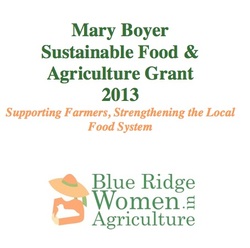 Blue Ridge Women in Agriculture is now accepting Mary Boyer SF&A Grant applications until March 1st. If you are a female farmer, rancher, or processor based in Alleghany, Ashe, Avery, Caldwell, Mitchell, Watauga, Wilkes, or Yancey Counties in North Carolina, or Johnson County, Tennessee, then this opportunity is for you. The purpose of this grant program is to strengthen our local food system by supporting female farmers, ranchers and processors who plan to create innovative, sustainable solutions to production or market obstacles in the High Country by completing a sustainable food and agriculture project or pursuing educational opportunities related to sustainable food and agriculture. Find out more information here.
The upcoming Appalachian Heritage Annual Fiddlers Convention will again feature the Handmade Market, and they are calling for crafters to sell & display.
Come display and sell handmade crafts in the Plemmons Student Union February 9. The deadline to register is February 5. If you are interested in setting up a booth, please email Brittany Johnson at [email protected] for more information.
|
Upcoming Events
Check back often to find out about the many things happening in the High Country. Archives
March 2014
Categories
All
|


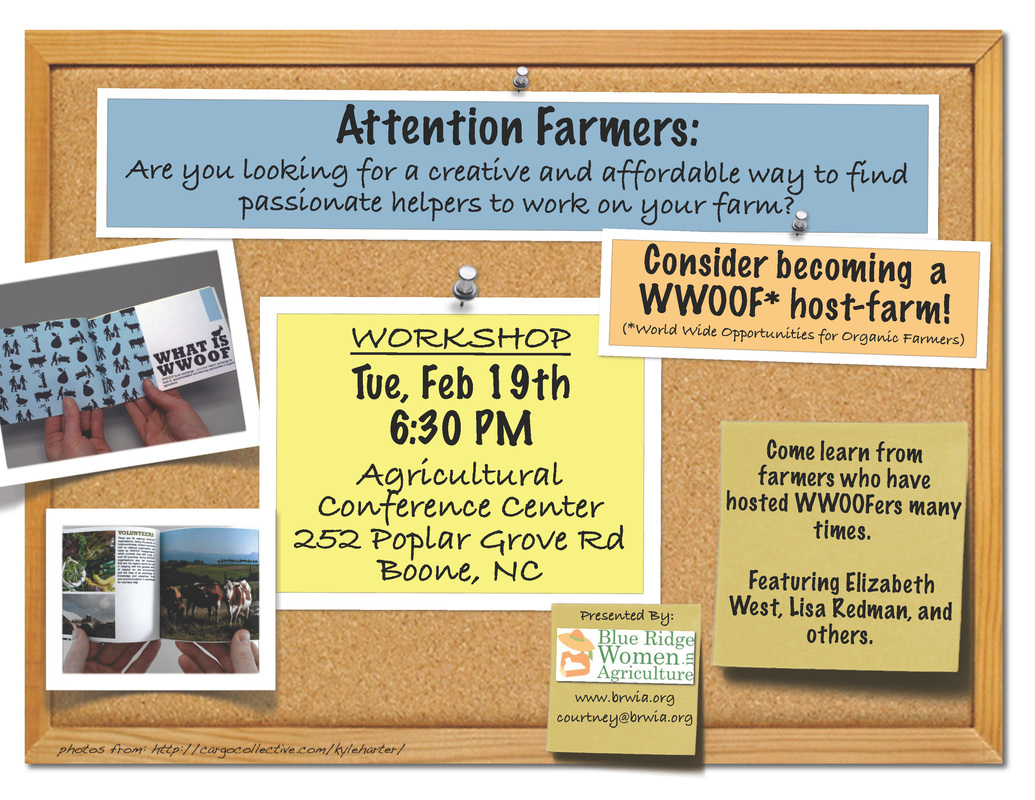
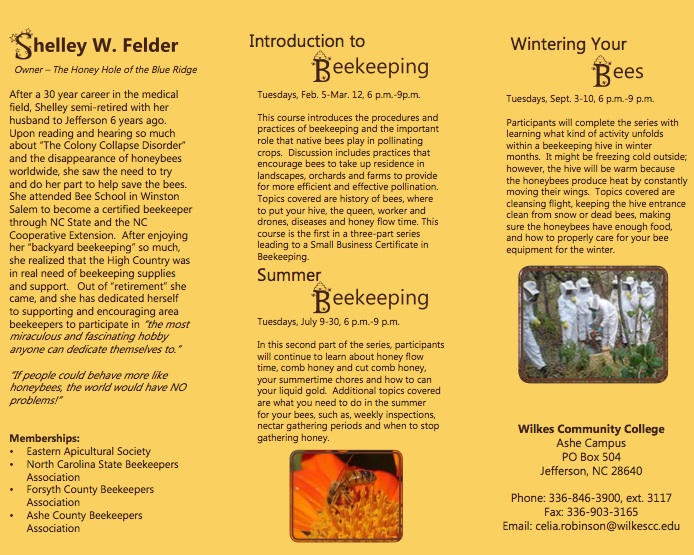
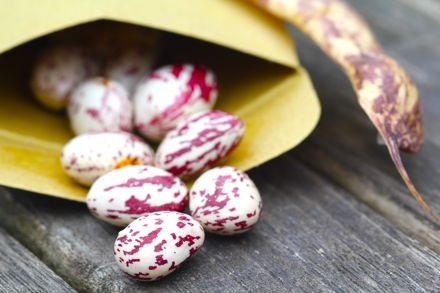
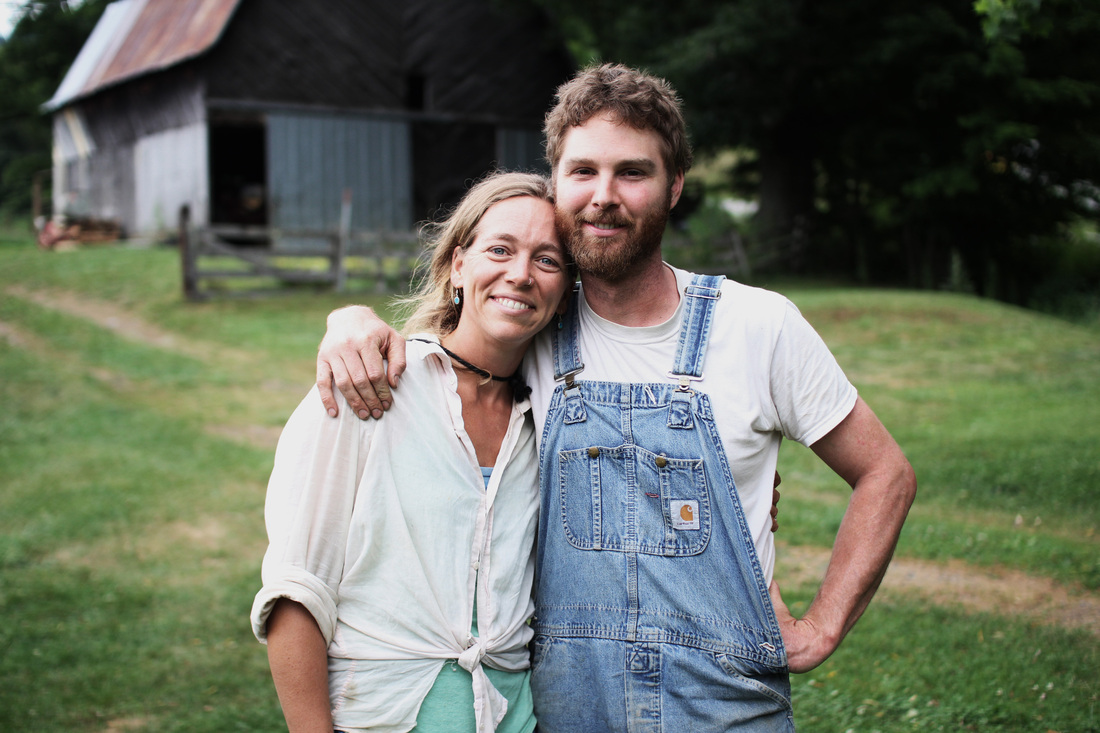
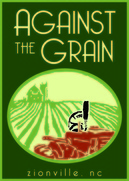
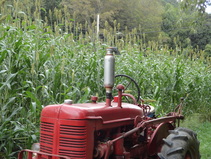
 RSS Feed
RSS Feed